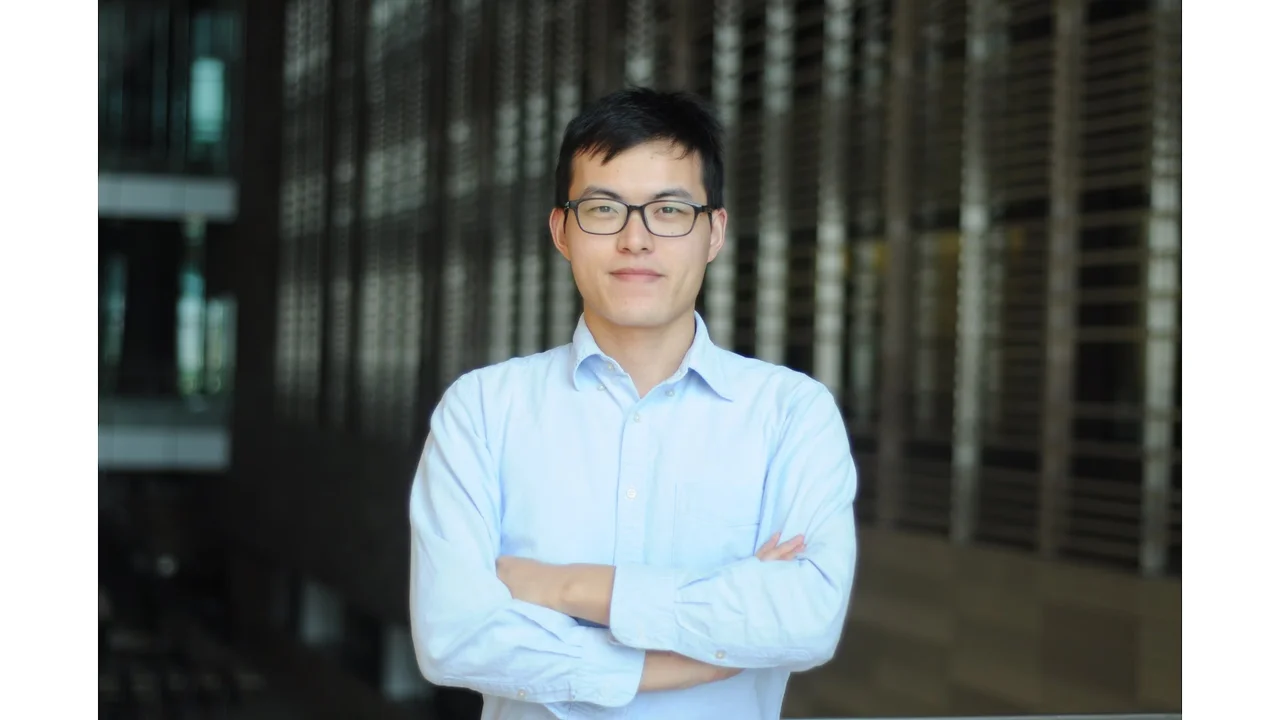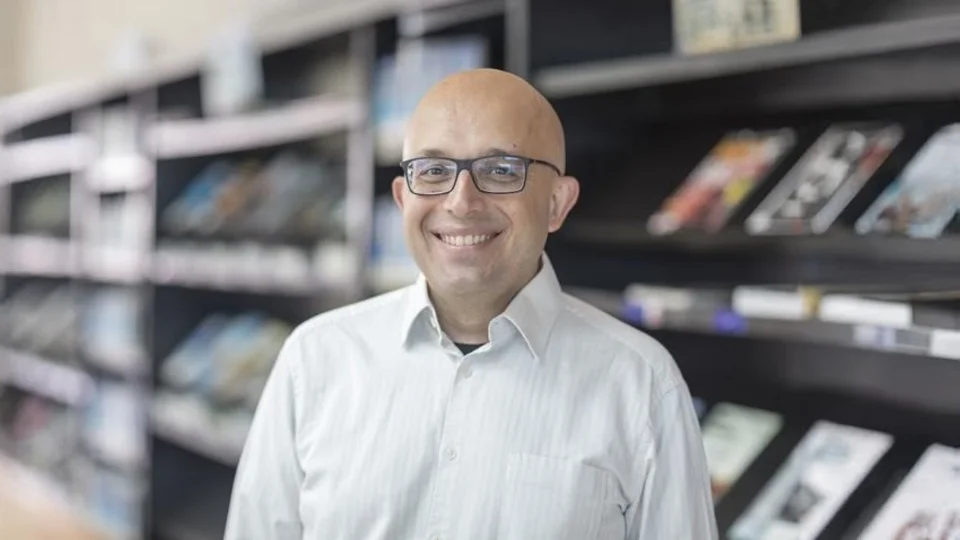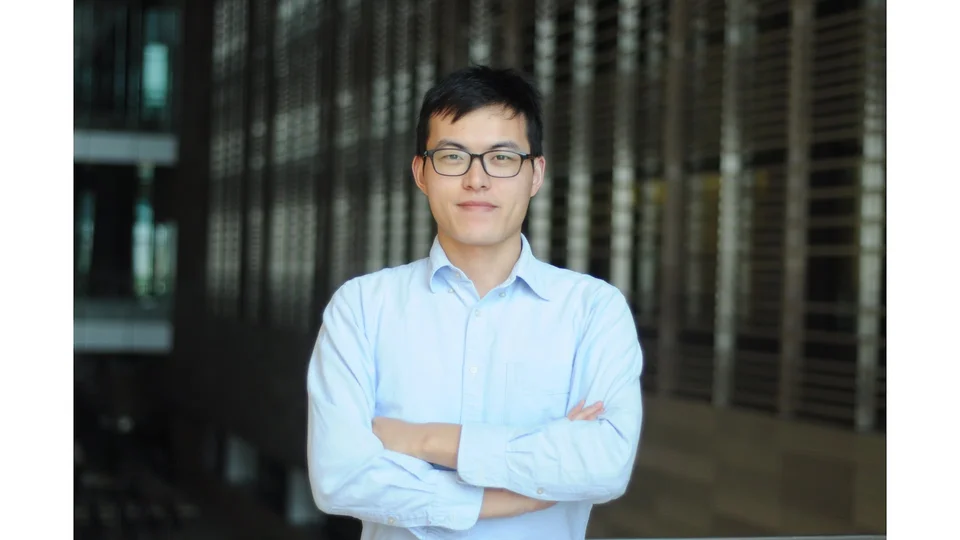
KAUST postdoctoral fellow wins URSI Young Scientist Award
KAUST Postdoctoral Fellow Rui Chen has been awarded a Young Scientist (YS) Award by the International Union of Radio Science (Union Radio Scientifique Internationale-URSI) for his “innovative contributions and discoveries in multidiscipline research related to electromagnetic fields and waves.”
About
By David Murphy
KAUST Postdoctoral Fellow Rui Chen has been awarded a Young Scientist (YS) Award by the International Union of Radio Science (Union Radio Scientifique Internationale-URSI) for his “innovative contributions and discoveries in multidiscipline research related to electromagnetic fields and waves.”
As a YS award winner, Chen will attend the upcoming URSI General Assembly and Scientific Symposium (GASS) 2021 in Rome, Italy. The triennial event, which is due to take place at the Sapienza University of Rome from August 28 to September 4, 2021, will review current trends, present discoveries, and future projects in all areas of electromagnetics research.
Chen was chosen for the award following the successful submission and acceptance of his research paper titled "On the Internal Resonance Modes of Time Domain Surface Integral Equations for Acoustic Transmission Problems." The award-winning application investigates spurious resonance problems related to transient acoustic scattering from penetrable objects.
“The internal resonance problem is observed when the solution of time-domain integral equations is corrupted by non-decaying oscillations (spurious internal resonance modes),” Chen explained. “Two integral equations are studied in my paper. The first equation suffers from the internal resonance problem. Our results show that increasing the discretization accuracy reduces the amplitude of these spurious modes to a level that does not significantly affect the solution. On the other hand, the second equation we studied is entirely free from spurious internal resonance modes.”
“I am thrilled to receive this award from URSI. I would like to take this opportunity to thank my Ph.D. advisor Professor Hakan Bagci for his guidance during this project and my graduate studies at KAUST,” he added.
Cutting-edge CEM research at KAUST
Having joined KAUST in 2015, Chen recently completed his Ph.D. degree in electrical and computer engineering in April 2021. As a member of Bagci’s Computational Electromagnetics (CEM) Group, he develops integral equation solvers to accurately and efficiently analyze electromagnetic and acoustic scattering problems.
“My research interests include developing robust numerical methods to solve frequency and time-domain integral equations of electromagnetics and acoustics,” Chen noted. “The electromagnetic and acoustic field interactions in complex real-life environments are often difficult to characterize. That’s why we need robust methods.
“With my future research, I plan to use CEM tools in engineering applications that rely on simulations at the pre-design stage. For many real-life electromagnetic device and system designs, such simulations require long execution times on large computer clusters. I am studying new methods to reduce these high computational requirements,” Chen concluded.

